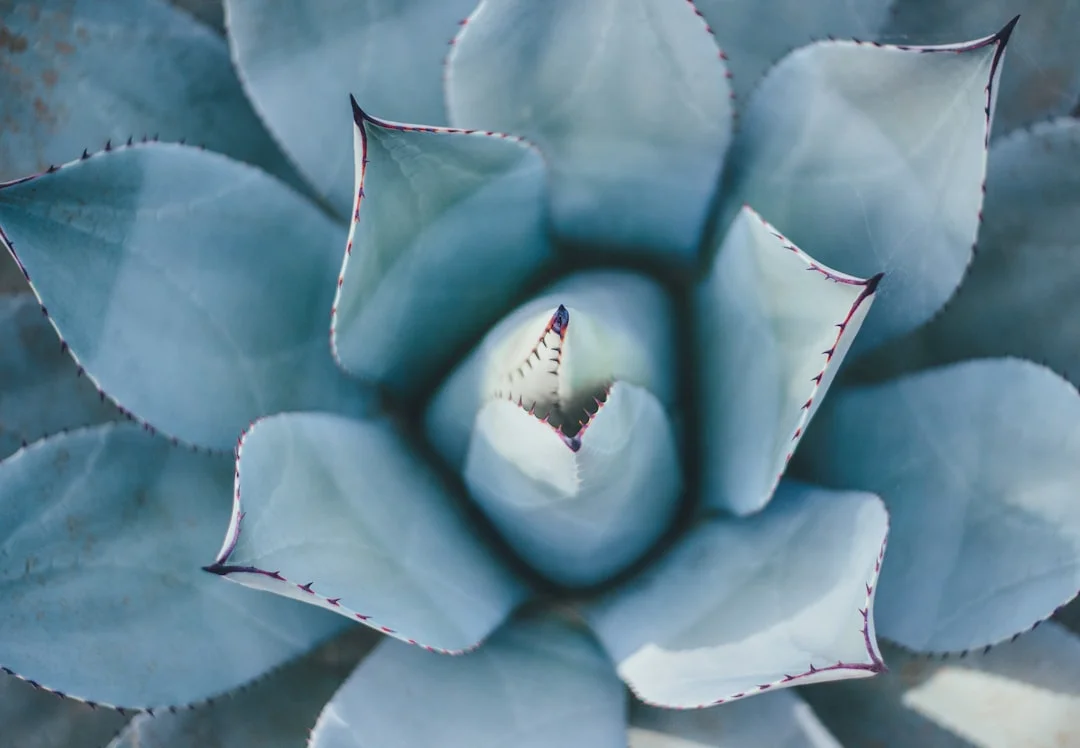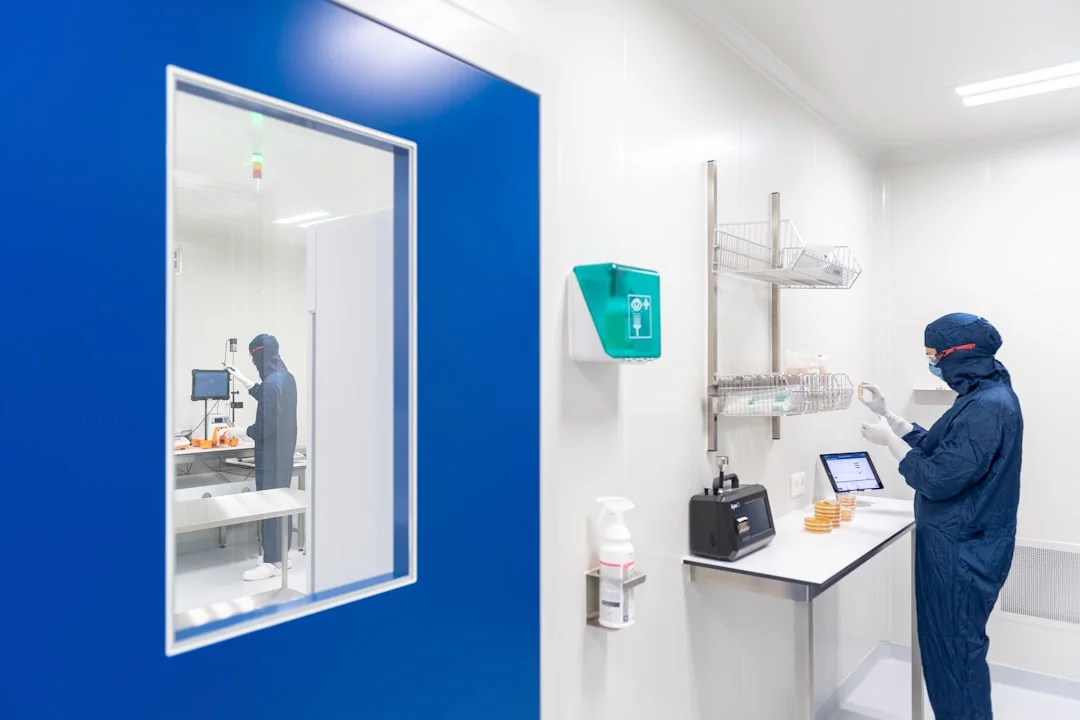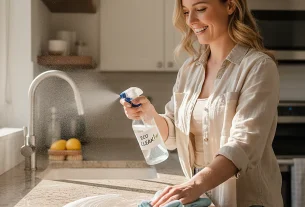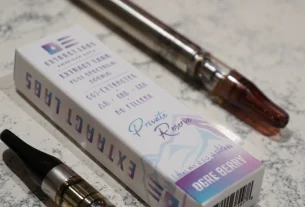Estimated Reading Time: 7 minutes
FFr years, I’ve been on a mission to create a healthier, more sustainable home.
It started with a simple desire: to reduce my exposure to harsh chemicals and toxins found in everyday household products.
The journey hasn’t always been easy. I remember initially feeling overwhelmed by the sheer number of products and the lack of clear information.
But after much research and a lot of trial and error, I’ve learned a great deal about organic alternatives to household products.
Today, I want to share what I’ve learned and guide you through a simpler, healthier way of living.
Switching to organic alternatives isn’t just a trend; it’s a conscious choice for your well-being and the environment.
Many conventional cleaning products and personal care items are loaded with synthetic chemicals that can irritate skin, trigger allergies, and even pose longer-term health risks.
Making the switch can be a game-changer.
The benefits of choosing organic alternatives to household products are numerous.
Firstly, you’re minimizing your exposure to harmful chemicals. Consider the air freshener that claims to eliminate odors.
Instead, it often masks them with artificial fragrances that can cause headaches and respiratory issues.
By choosing natural alternatives, like essential oil diffusers, you are inhaling fresh, clean air.
Secondly, organic products are often gentler on the environment.

Many conventional products contain ingredients that pollute our waterways and harm wildlife.
When you opt for eco-friendly options, you’re supporting sustainable practices and reducing your carbon footprint.
Plus, many organic options are cruelty-free, which aligns with ethical consumerism.
Lastly, it often results in a healthier lifestyle. You’re making conscious choices that will impact your health.
Cleaning your home doesn’t have to involve a cupboard full of toxic chemicals.
You can create effective and safe cleaning solutions with just a few simple ingredients.
Think about the power of simplicity and the potential impact it can have on your environment.
Vinegar, baking soda, and lemon juice are your allies in the quest for a naturally clean home.
Here’s a simple recipe to get you started on your journey to organic alternatives:
These DIY recipes are not only effective but also incredibly cost-effective.
Consider it a win-win: saving money and staying away from harmful chemicals!
While DIY cleaners are great for everyday use, what about sanitizing?
For sanitizing, especially in areas like the kitchen, you can use a diluted solution of hydrogen peroxide or a store-bought sanitizing spray made with plant-based ingredients.
What about personal care? The skin is our body’s largest organ, making it essential to be mindful of what we put on it.

Many conventional personal care products are packed with questionable ingredients, from parabens and phthalates to artificial fragrances.
Switching to organic alternatives can make a significant difference.
Looking for a natural skincare routine? Start by reading labels!
You’ll be surprised at the number of products on the market that claim to be “natural” but are filled with synthetic ingredients.
Choose products with recognizable ingredients, such as plant-based oils, herbal extracts, and essential oils.
Consider looking at ingredients that support overall health!
For cosmetics, opt for brands that prioritize natural ingredients and avoid those with artificial colors and fragrances.
Mineral-based makeup is often a great choice as it’s gentler on the skin. Be mindful of your choices and the ingredients you’re putting on your face.
Transitioning to natural hair care can significantly improve hair and scalp health.
Look for shampoos and conditioners that are free of sulfates, silicones, and parabens.
I found my hair transformed after switching to shampoos that use organic ingredients, which have made my hair stronger and healthier.
I’ve seen amazing results in my own journey, and I’m not alone. Consider my friend Sarah, who struggled with eczema for years.
After switching to natural skincare and household products, her eczema significantly improved.
Now, she only uses organic alternatives and is a true testament to the benefits of this lifestyle change.

I also recall the story of a customer named John, who found he was experiencing skin irritation after starting to use certain products.
He switched to organic products, and within weeks, the irritation was gone!
Another example is a group of friends who decided to swap out their conventional cleaning products for DIY options.
They formed a DIY cleaning crew, and their cleaning routine turned into a fun, budget-friendly activity.
Over the following weeks, they found themselves healthier and happier.
Changing your habits can be tricky. It is important to start slow, and don’t try to change everything at once.
Here are some tips to make your journey towards organic alternatives a smoother experience:
The first steps will be the hardest. Stick with it, and you’ll find your health significantly improves.
In conclusion, embracing organic alternatives to household products is a worthwhile investment in your health, your family’s well-being, and the environment.
It’s about making conscious choices that align with your values and promote a healthier lifestyle.
It is possible to live a life that is free of harmful chemicals.
With knowledge and persistence, you can create a home that is not only clean but also safe and nurturing.
So, why not start today? Take a look around your home and identify one product you can replace with a natural alternative.
Whether it’s a cleaning spray, a body lotion, or a shampoo, every small step counts.

Remember, it’s about making informed choices, one step at a time, to create a brighter, healthier future.
The journey may start with a simple choice, but its impact will be felt in your everyday life. Ready to dive deeper into natural living?
Join our newsletter for weekly health tips!
Frequently Asked Questions
What are the most common harmful chemicals found in household products?
Many conventional household products contain a cocktail of potentially harmful chemicals. Common culprits include phthalates (found in fragrances), parabens (used as preservatives), sodium lauryl sulfate (SLS) and sodium laureth sulfate (SLES) in cleaning and personal care items, and artificial fragrances.
These chemicals have been linked to various health issues, including hormone disruption, skin irritation, and respiratory problems. Opting for organic alternatives helps to minimize your exposure to these substances.
How do I know if a product is truly organic or natural?
Reading labels carefully is crucial. Look for products that clearly list ingredients and avoid those with vague terms like “fragrance.” Check for certifications from organizations like the USDA Organic, EcoCert, or the Environmental Working Group (EWG).
These certifications signify that the product meets specific standards for organic or natural ingredients and manufacturing practices. It’s also helpful to research brands and their commitment to transparency and ethical sourcing.
Are organic alternatives always more expensive than conventional products?
While some organic alternatives might be pricier upfront, the long-term cost can often be lower. DIY cleaning solutions are a cost-effective way to clean your home naturally. Many organic brands offer concentrated formulas, meaning you need less product per use, and they last longer.
Additionally, switching to natural alternatives might reduce your exposure to products that can cause health issues. You might even find your medical bills are lower as a result!
Can I make my own organic cleaning products? And if so, what are some effective recipes?
Yes, creating your own organic cleaning products is an excellent way to control the ingredients and reduce waste. For an all-purpose cleaner, mix equal parts water and white vinegar in a spray bottle, and add a few drops of essential oil for fragrance.
For bathroom cleaner, make a paste of baking soda and water, apply to surfaces, scrub, and rinse. You can also add a few drops of tea tree oil for antibacterial properties. Glass cleaner can be made by mixing equal parts water and white vinegar.
These simple recipes are effective, budget-friendly, and safe for your family and the environment.
What are the benefits of using organic alternatives for skincare and personal care?
Using organic alternatives for skincare and personal care can significantly benefit your health. Many conventional products contain ingredients that can irritate your skin, disrupt your hormones, and potentially lead to allergic reactions.
Organic options often contain natural ingredients like plant-based oils, herbal extracts, and essential oils, which are gentler on your skin and less likely to cause adverse effects. Switching to organic alternatives can improve skin health, reduce exposure to harmful chemicals, and support overall well-being.
Look for products with recognizable ingredients and consider the potential health benefits of those ingredients!



